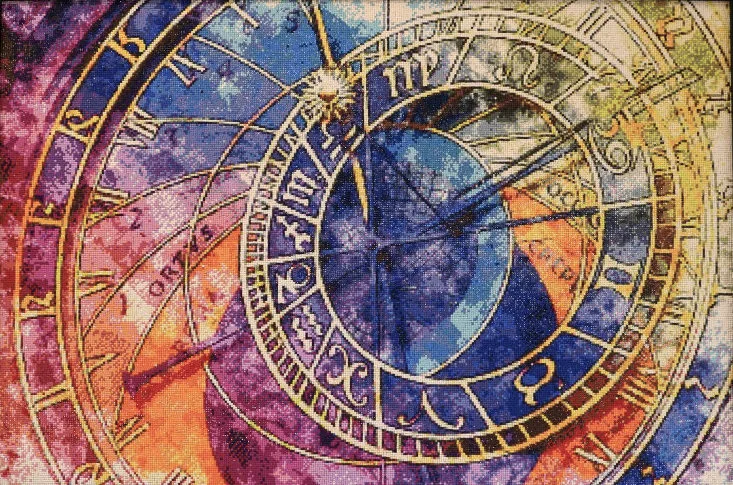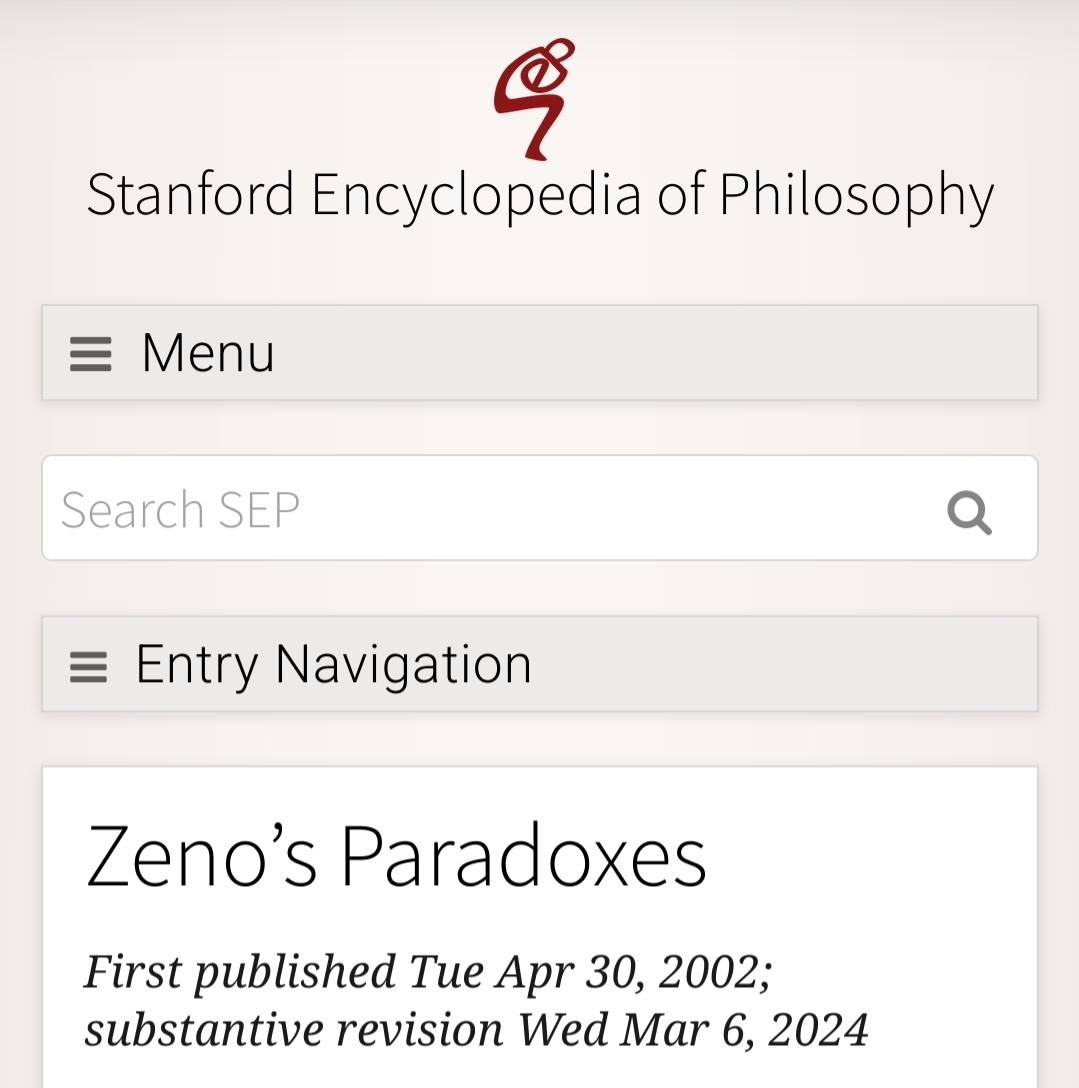A lot of this I learned and thought out through reading Tolstoy's hard work in his non-fictions: Confession, What I Believe, The Gospel In Brief, and The Kingdom of God is Within You
"Socrates believed that his mission from a God (the one that supposedly spoke through The Oracle Of Delphi) was to examine his fellow citizens and persuade (teach) them that the most important good for a human being was the health of the soul. Wealth, he insisted, does not bring about human excellence or virtue, but virtue makes wealth and everything else good for human beings (Apology 30b)."
https://iep.utm.edu/socrates/#%3A%7E%3Atext=He+believed+that+his+mission%2Chuman+beings+%28Apology+30b%29.
The story of Jonah in the bible (https://www.biblegateway.com/passage/?search=Jonah+1&version=NIV) teaches that the knowledge of the value of virtue, selflessness and goodness needs to be taught; it's a knowledge that needs to gained. Because like it teaches at the very end of the story: some people don't even have the ability to "tell their right hand from their left" (Autism Spectrum Disorder for example or a complete lack of education). Or in other words: ignorance (lack of knowledge) is an inevitability; nobody can know until they know. The now pejorative term is neither an insult, nor is it insulting; it's nothing more than an adjective to explain my, yours, or anythings lack of knowledge to anything in particular, or as a whole. All hate and evil can be catorgorized as this inevitable lack of knowledge—thus, warranting any degree of it infinite forgiveness, because again: you don't know until you know, this would of course include the lack of knowledge to the value of virtue that leads to hate, evil, and iniquity to any degree.
Socrates on ignorance and evil:
https://www.sparknotes.com/philosophy/apology/idea-nature-of-evil/
Jesus references the story of Jonah in The Gospels when being challenged to show a sign of his divinity: "An evil and adulterous generation seeks for a sign, but no sign will be given to it except the sign of Jonah.” - Matt 16:4
https://www.biblegateway.com/passage/?search=Matthew+16&version=ESV
Jesus would always refer to God as "Father" because that's how he was taught about what this God consists of, as having a parents kind of love for you—rememeber the very beginning of The Gospels, where he becomes lost and is found at a temple as a child? And is taught of God as being his "Father;" if you had a child and they committed suicide, would you want them to burn eternally in a lake of fire for it? Of course not. And Jesus didn't know who his real father was, correct? Interesting, right? Ultimately what I'm trying to say is that everything we know of God now has came from a collection of blind men, telling other blind men that what they have to say should be held as unquestionably true via the influences of the idea of a God and an Afterlife (of a "heaven"). Everything after Jesus—Paul's letters, The Gospels, The Nicene Creed, The Book of Revelation, the idea that a God of love unconditionally would bother with conditions like having to believe Jesus was divine or any of the seemingly infinite amount of external conditions that need to be met to call yourself a "true Christian." Despite Jesus calling the Pharisees hypocrites every chance he could get and when his disciples told him of some external thing that they needed (bread in the circumstance linked) he would dismiss it as completely unnecessary: https://www.biblegateway.com/passage/?search=Matthew+16%3A5-20&version=NIV
Jesus calling out Pharisees:
8"But you are not to be called ‘Rabbi,’ for you have one Teacher, and you are all brothers (to "our father"). 9 And do not call anyone on earth ‘father,’ for you have one Father, and he is in heaven." - Matt 23:8
25 “Woe to you, scribes and Pharisees, hypocrites! For you clean the outside of the cup and the plate, but inside they are full of greed and self-indulgence. 26 You blind Pharisee! First clean the inside of the cup and the plate, that the outside also may be clean." - Matt 23:25
https://www.biblegateway.com/passage/?search=matthew+23&version=NIV
The Woes of Taking Oaths
"Socrates believed that the most important pursuit in life was to constantly examine one's beliefs and actions through critical thinking," (lest you find yourself throwing the supposed messiah up on a cross—like the Pharisees, or persecuting early followers of Jesus' teaching convinced it's right, true, and just—like Paul, or in a war between nations, or collectively hating someone or something, etc.) "and he would not back down from this practice even when it made others uncomfortable."
https://philolibrary.crc.nd.edu/article/no-apologies/#%3A%7E%3Atext=The+Examined+Life%2Cstill+less+likely+to+believe.
Oaths
33 “Again you have heard that it was said to those of old, ‘You shall not swear falsely, but shall perform to the Lord what you have sworn.’ 34 But I say to you, Do not take an oath at all, either by heaven, for it is the throne of God, 35 or by the earth, for it is his footstool, or by Jerusalem, for it is the city of the great King. 36 And do not take an oath by your head, for you cannot make one hair white or black. 37 Let what you say be simply ‘Yes’ or ‘No’; anything more than this comes from evil.[g] - Matt 5:33 (https://www.biblegateway.com/passage/?search=Matthew+5&version=ESV)
Anything more then yes or no regarding the influences that come from the idea of a heaven (God and an afterlife), or Earth (people and what they're presently sharing in), only comes from a worry, a need, a fear for oneself: a selfishness. Questions like that only come from our sense of selfishness, and only lead to division, i.e., religion or even more theoretical sciences and philosophy; this is why it's so important to always consider anything man made as questionably true, opposed to unquestionably true, and that it's no longer up for question, or whats called: infallible (no longer capable of error). Questions like what does a God or Afterlife consist of or how exactly did the universe begin, pale in comparison to the truth that is our capacity for selflessness not only individually, but especially, collectively; God or not.
It's only what a person thinks that can truly defile them:
"What goes into someone’s mouth does not defile them, but what comes out of their mouth, that is what defiles them." - Matt 15:11 "Don’t you see that whatever enters the mouth goes into the stomach and then out of the body? 18 But the things that come out of a person’s mouth come from the heart, and these defile them. 19 For out of the heart come evil thoughts—murder, adultery, sexual immorality, theft, false testimony, slander. 20 These are what defile a person; but eating with unwashed hands does not defile them.” - Matt 15:17
https://www.biblegateway.com/passage/?search=Matthew+15&version=NIV
It's "oath-taking," so to speak, that leads to slander and the collective hate that's bred from it—racism, hate between cities or their high school sports teams, hate in general if you think about it enough, quarrel at all between nations and any potential war between them, and the list goes on. We're all humans; one race, brothers, and sisters. The worst thing to come from "oath-taking" in my opinion is the hinderance of foreign influences or new knowledge and an open mind along with it. Because it's this that determines the capacity and how detailed ones imagination is, and it's imagination that serves as the basis of our ability to empathize, thus, love.
The third maxim inscribed at the Temple of Apollo, where the Oracle of Delphi resided in Ancient Greece: "Give a pledge and trouble is at hand." https://en.m.wikipedia.org/wiki/Delphic_maxims
Interesting how neither Jesus or Socrates wrote anything down, and both even went as far as giving their lives dying a martyr trying to teach what they had to say.
"The hardest to love, are the ones that need it the most." - Socrates






